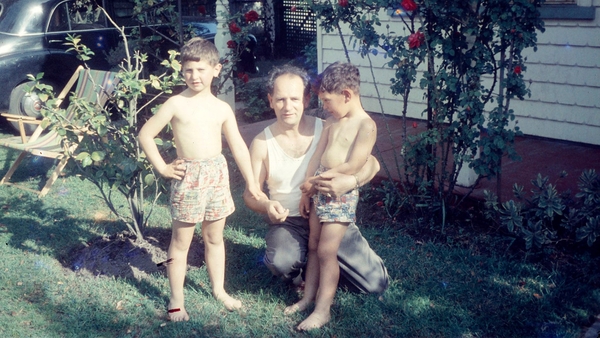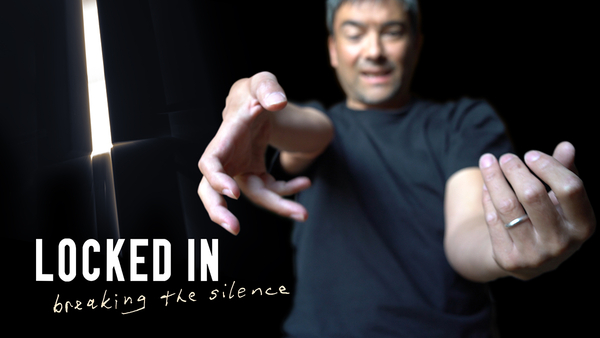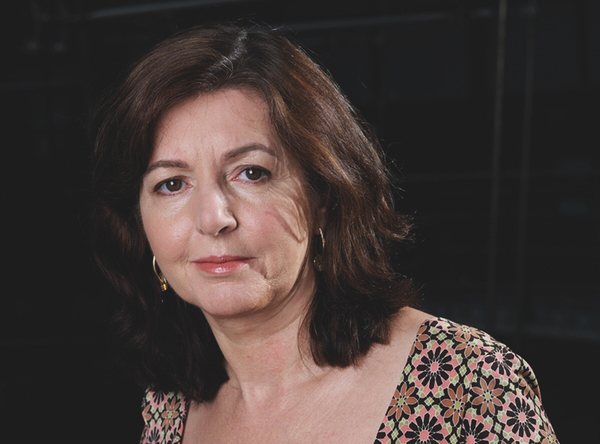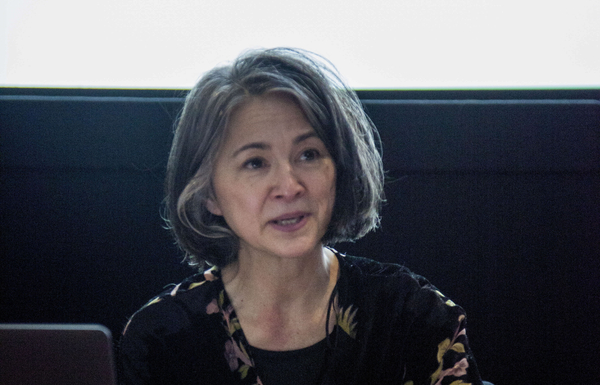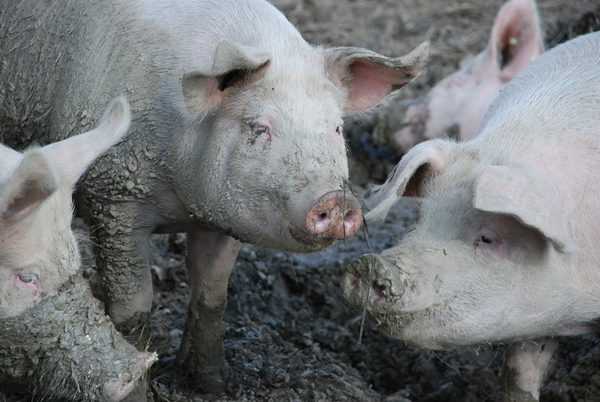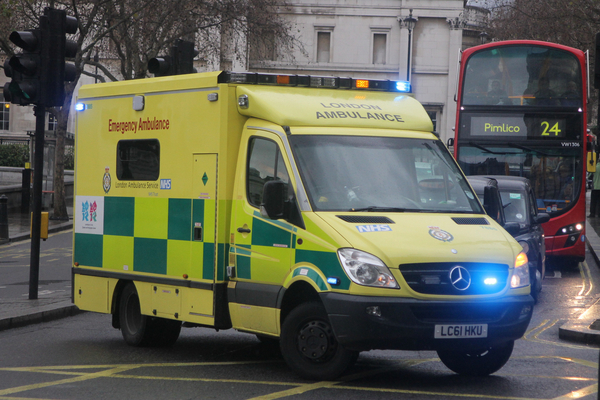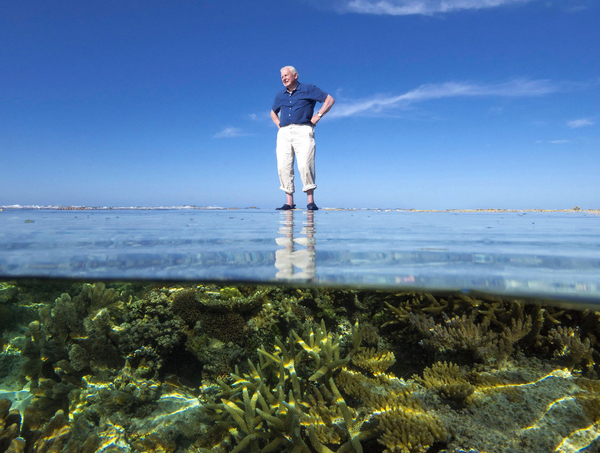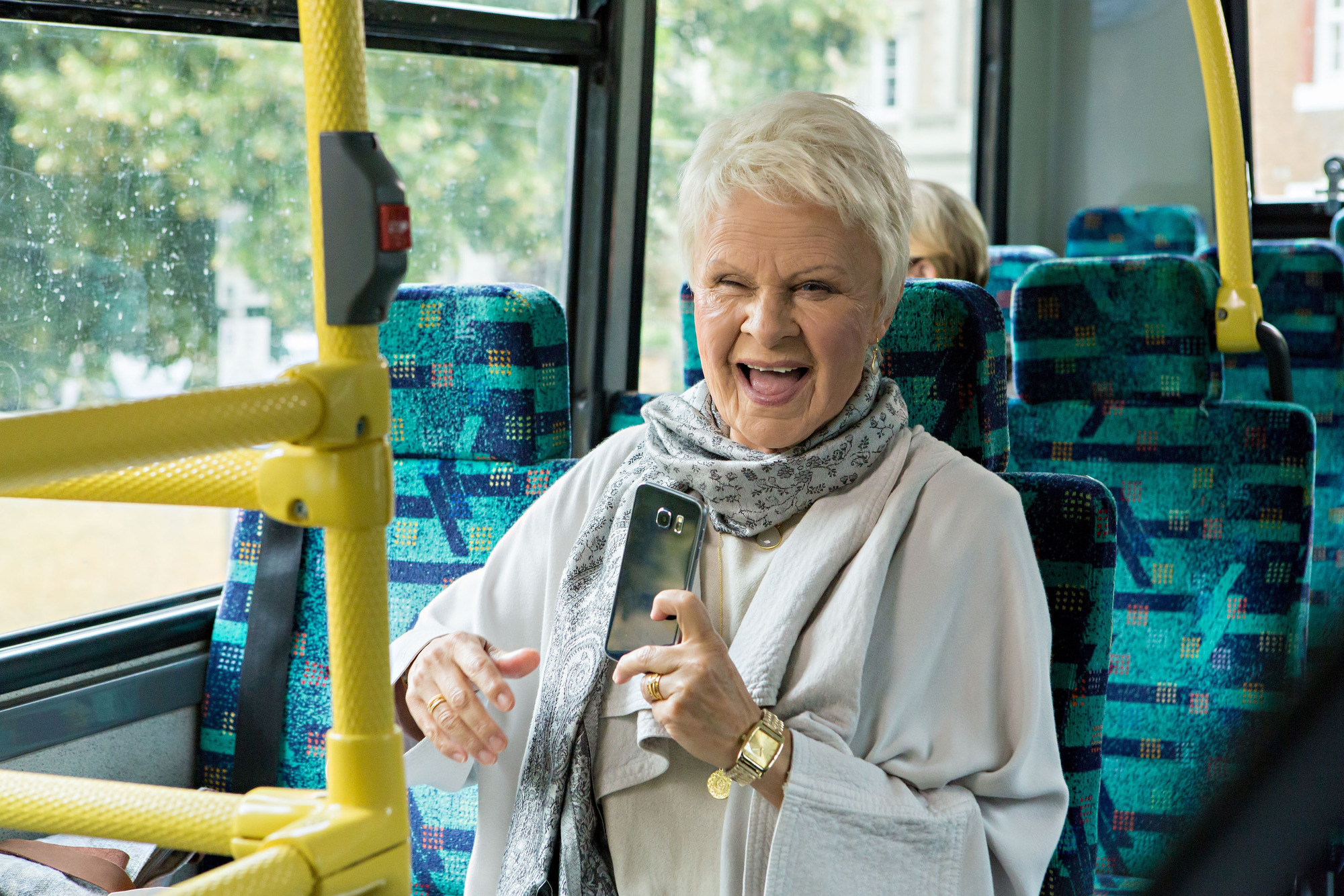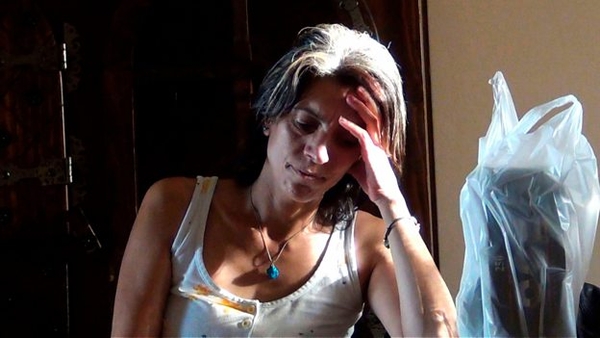BBC announces Storyville slate for Winter 2024, including escapes from North Korea, state surveillance and Nazi hunters
Revenge: Our Dad the Nazi Killer is written and directed by Danny Ben-Moshe, and concerns Nazi hunter groups established by Jewish vigilantes in post-war Australia. The film follows three brothers as they try and see if their dad and uncle, both of whom survived the Holocaust, were involved.

